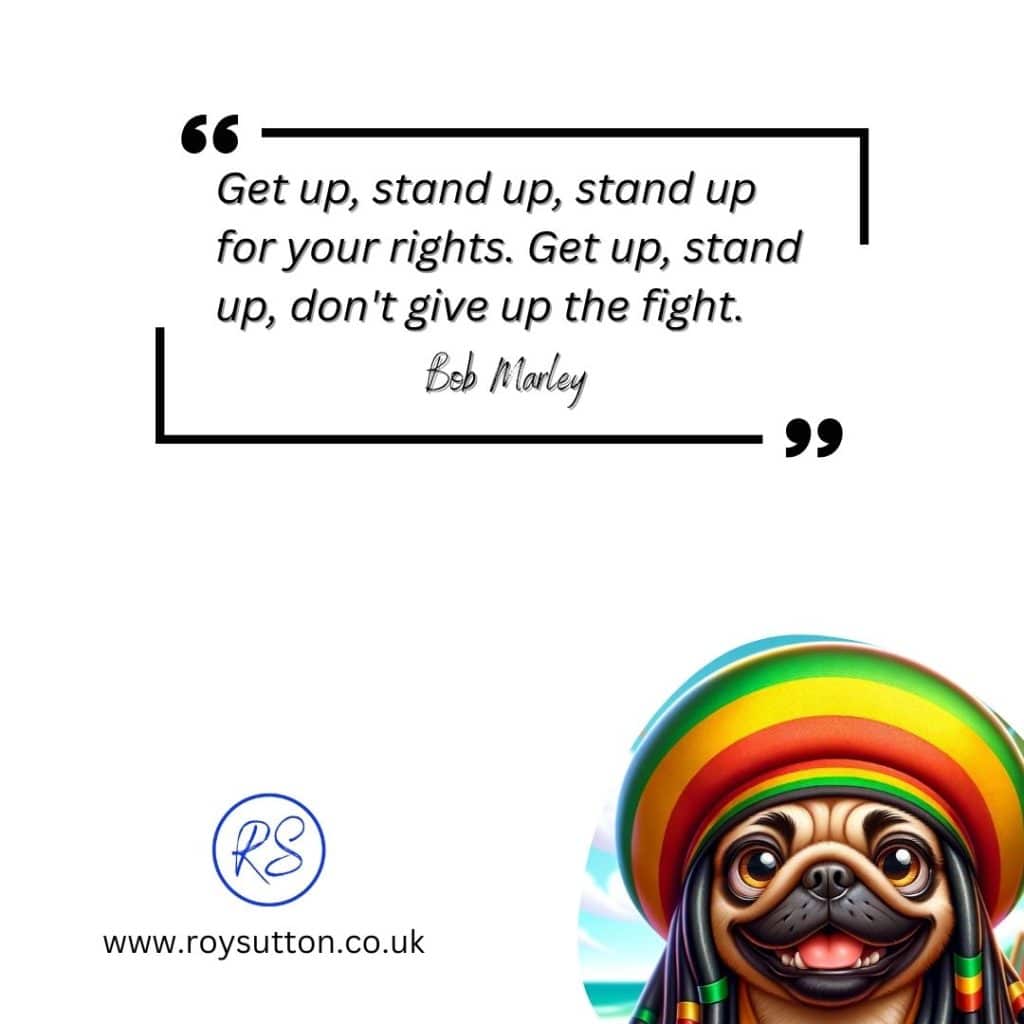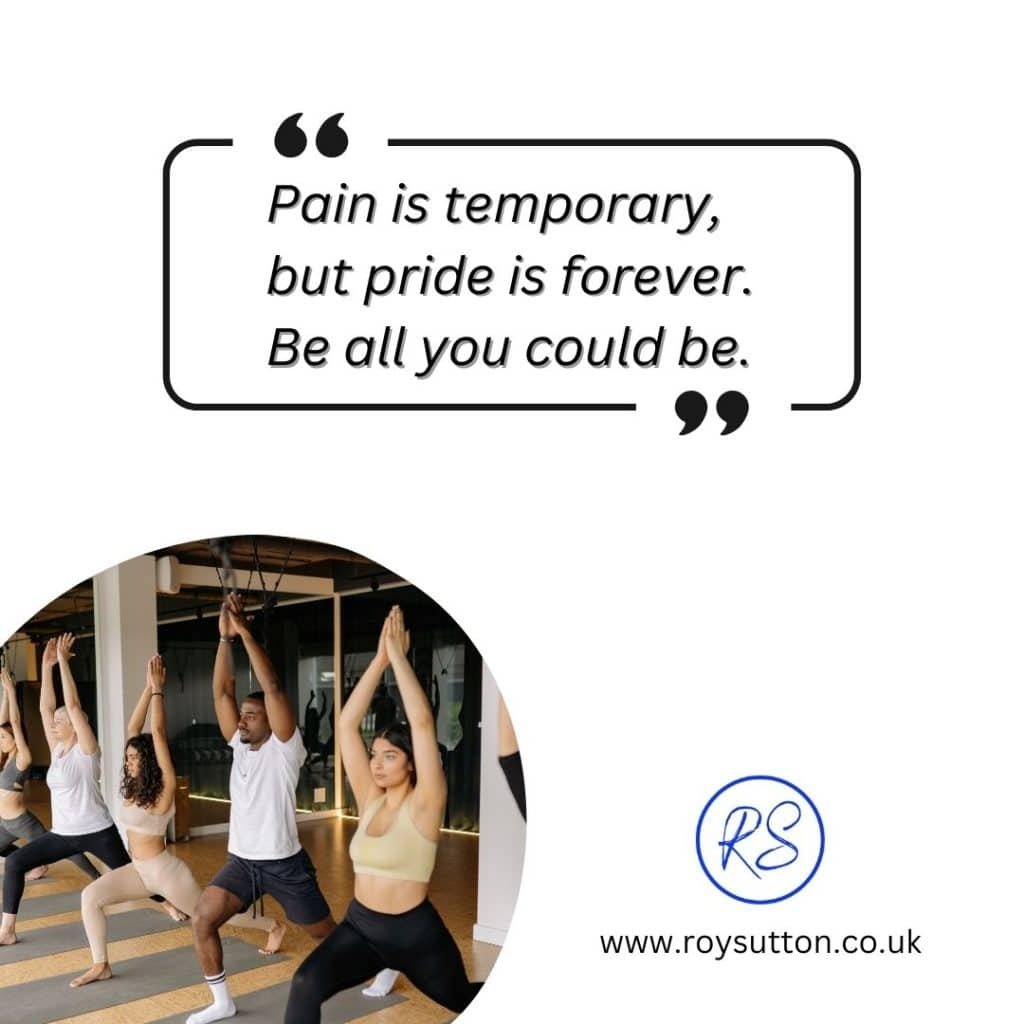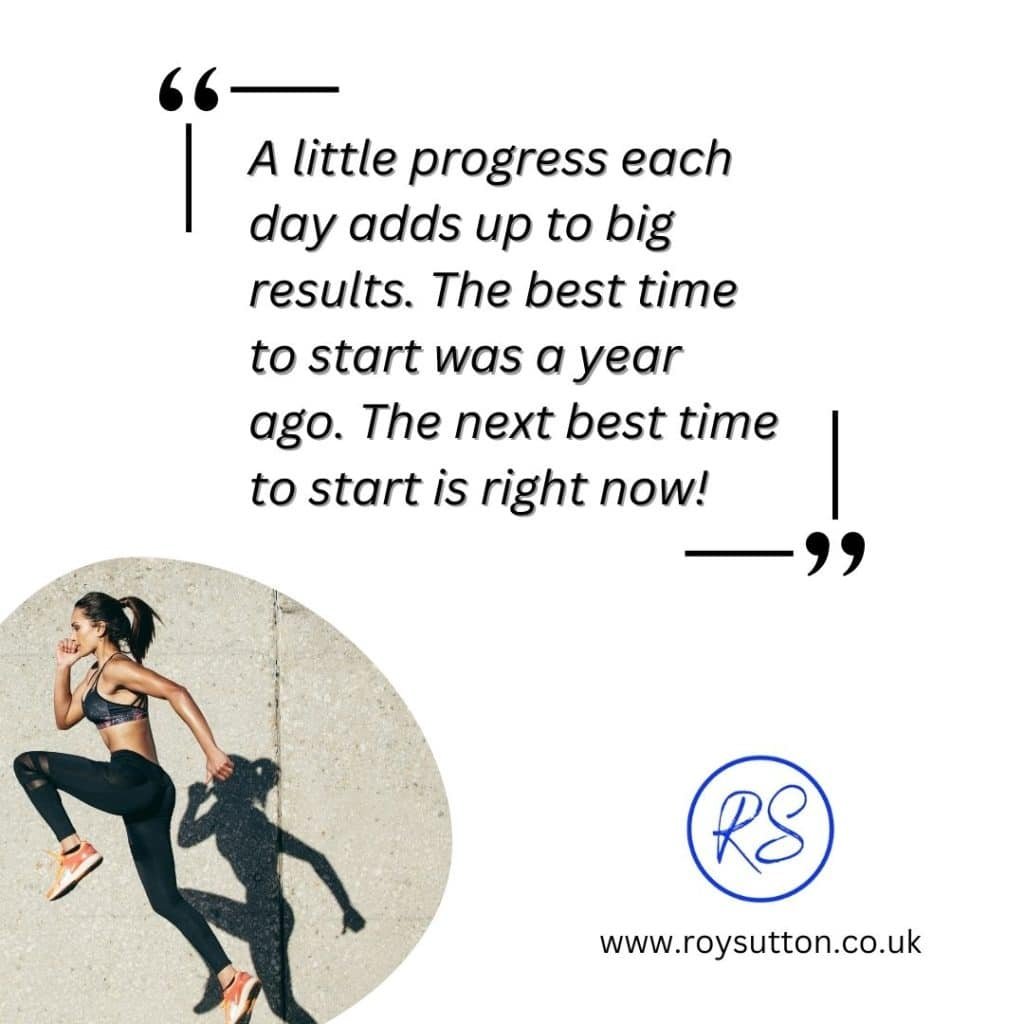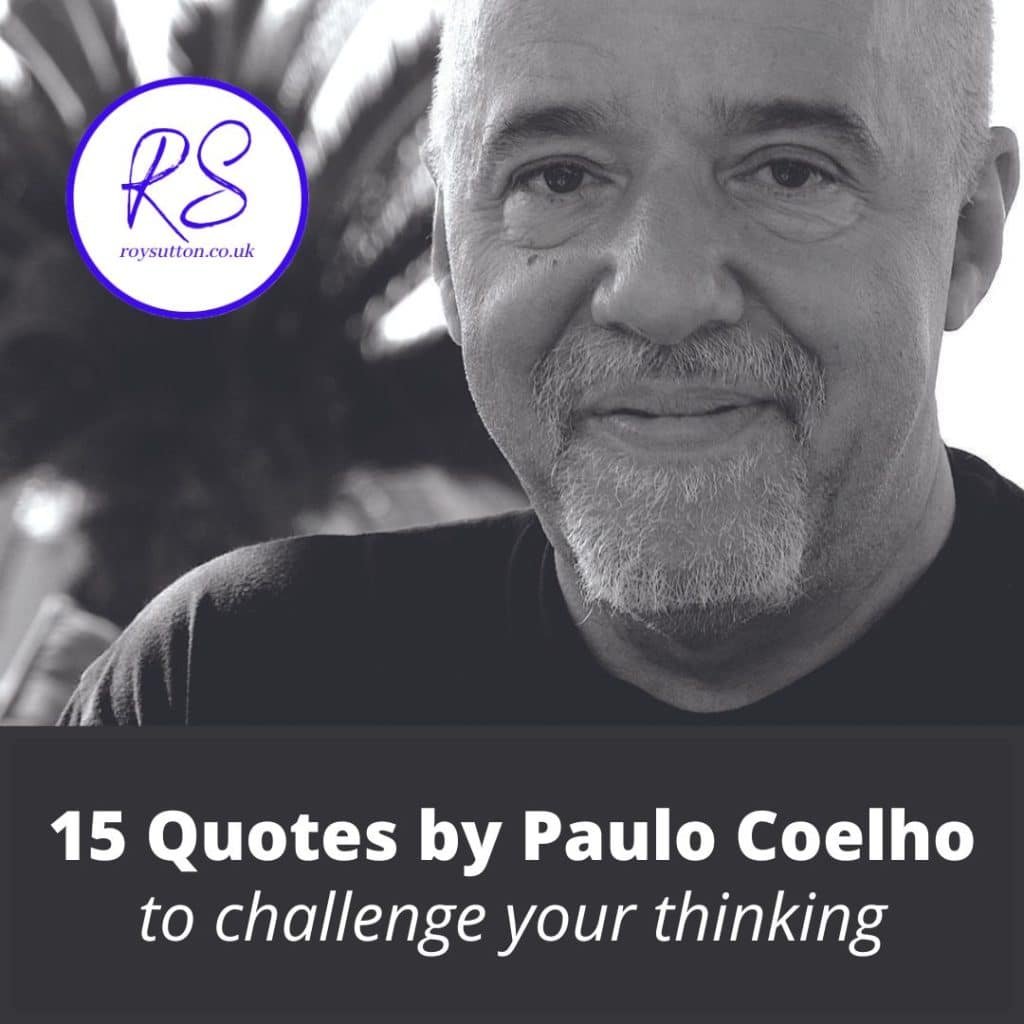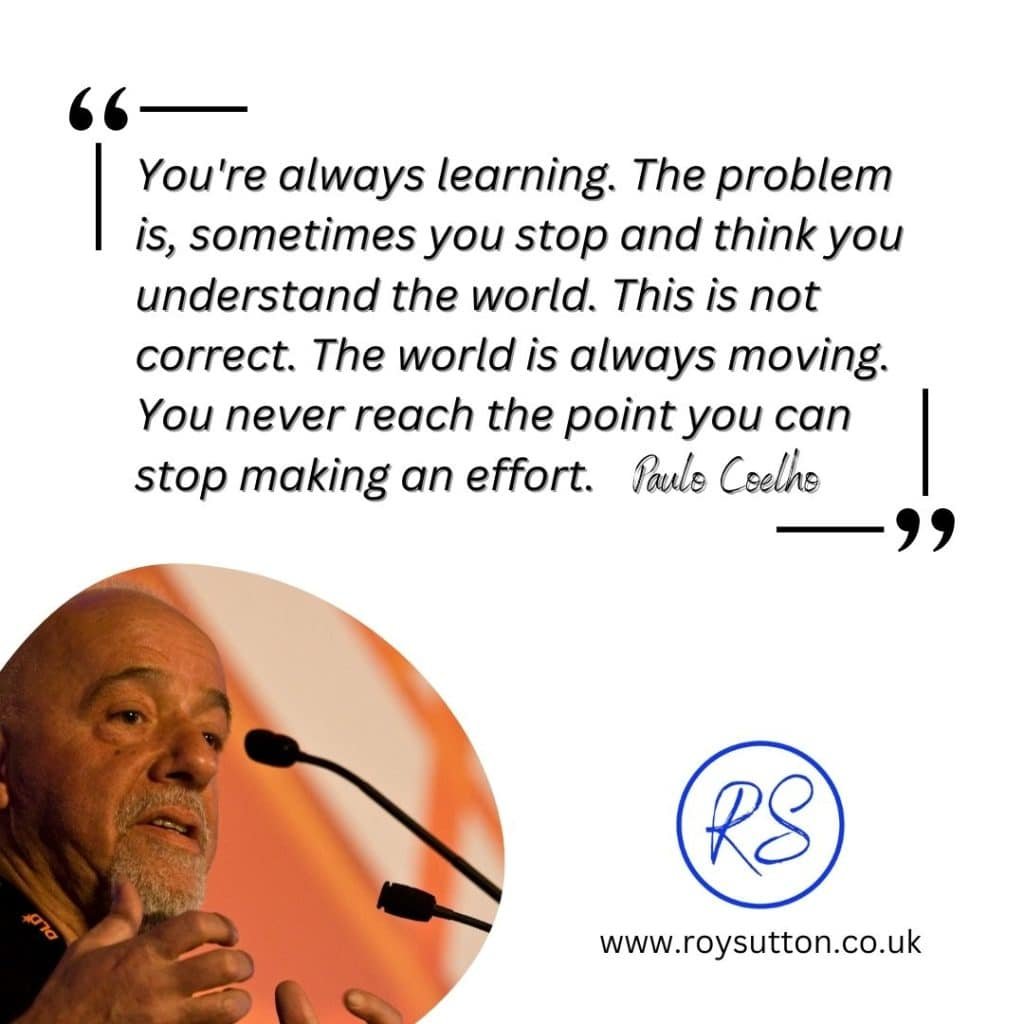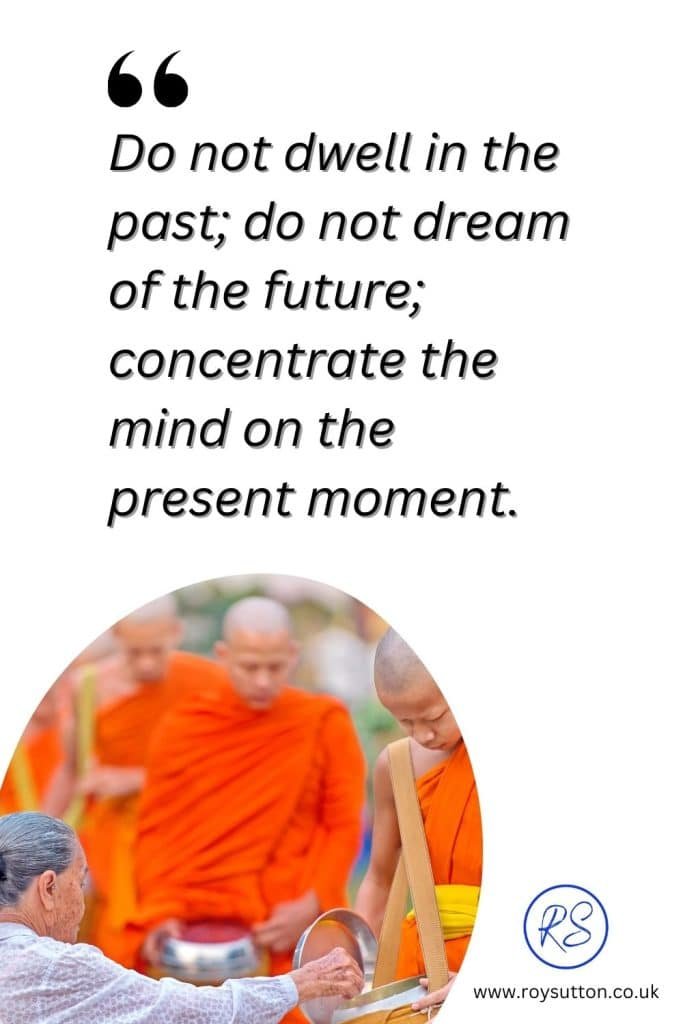
Today I thought it would be interesting to explore some of the many amusing quotes by Milton Berle.
Sadly, he’s no longer with us, but Milton Berle was a comedian and actor from the golden age of American television.
He’s generally regarded as the first major American television star, and he was known to millions as Uncle Miltie and Mr Television.
Younger readers probably won’t remember him, or possibly even heard of him, but he was funny and very sharp.
To prove the point, here are 15 quotes by Milton Berle.

Quotes by Milton Berle
If evolution really works, how come mothers only have two hands?
If opportunity doesn’t knock, build a door.
Laughter is an instant vacation.
A committee is a group that keeps minutes and loses hours.
You can lead a man to Congress, but you can’t make him think.
They’ve finally come up with the perfect office computer. If it makes a mistake, it blames another computer.
My doctor told me that jogging could add years to my life. I think he was right. I feel ten years older already.
I feel like Zsa Zsa Gabor’s sixth husband. I know what I’m supposed to do, but I don’t know how to make it interesting.
Experience is what you have after you’ve forgotten her name.
Money can’t buy you happiness, but it helps you look for it in a lot more places.
My wife and I have a perfect understanding. I don’t try to run her life, and I don’t try to run mine.
The problem with life is that by the time you can read women like a book, your library card has expired.
It’s rough to go through life with your contents looking as if they settled during shipping.
A man falls down a flight of stairs, and somebody rushes over to him and asks, Did you miss a step? No, he answers, I hit every one of them!
This man’s wife told him, “For Christmas, surprise me.” On Christmas Eve he leaned over where she was sleeping and said, “Boo!”

Please share these quotes with your friends:
If you found these quotes by Milton Berle interesting, then please share this post on social media with your friends. When you share, everyone wins.
So go on, please share it now.
If you do, I’ll be forever grateful, and you’ll be helping a keen blogger reach a wider audience.
Thank you.

Articles you might enjoy:
- 21 Quotes by F. Scott Fitzgerald to inspire you
- 21 Quotes by John Lennon that’ll make you think
- 15 Quotes by Bob Marley to remind you of his talent
- 15 witty quotes that’ll make anyone smile
- 27 Quotes by Jane Austen that are thought-provoking
- 36 best quotes by famous authors to inspire you
- 25 funniest one-liners to make you smile
- 33 amusing one-liners that might just make you smile
- 33 hilarious cheesy pick-up lines to make you smile
- 21 brilliant one-liner quotes that are sharp and witty
- 20 classic Elaine Benes quotes that’ll make you smile
- 30 funny dating profile examples or how not to write one
- 25 brilliant short jokes to make you smile
- 25 brilliant one-liner quotes that’ll raise a smile
- 15 amusing quotes by Spike Milligan to raise a smile
- 19 Best Homer Simpson quotes that’ll make you smile
- 21 Del Boy quotes for fans of Only Fools and Horses
- 15 amusing quotes by Mae West to make you smile
- 15 Very Funny One-Liners by Billy Connolly
- 37 funny comebacks for dealing with rude people
- The 30 best bitchy comments that’ll really make you smile
- 31 great quotes from Larry David in Curb Your Enthusiasm
- 15 amusing quotes by Jerry Seinfeld to brighten your day
© Mann Island Media Limited 2025. All rights reserved.
Quotes by Milton Berle, Quotes by Milton Berle, Quotes by Milton Berle











